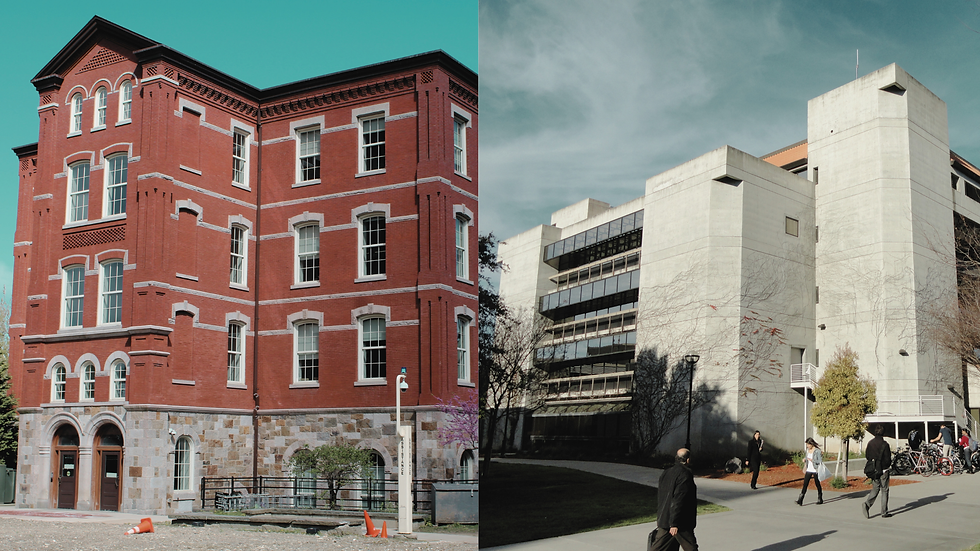Thai Activist Jatupat "Pai" Boonpattararaksa on Trial for Facebook Share
- Ebby Abramson
- Aug 3, 2017
- 2 min read
Updated: Mar 12, 2022
On August 3, 2017, a court in northeastern Thailand began a closed-door trial of an activist law student arrested for sharing a BBC article about the country's new king on Facebook.

Jatupat "Pai Dao Din" Boonpattararaksa was arrested in December 2016 for sharing a profile of the king that was posted on Facebook by the BBC's Thai-language service.
As we reported earlier, his arrest was the first made under the country's strict “lese majeste” law created when the new king took the throne last November. Lese majeste, or insulting the monarchy, carries a penalty of three to 15 years' imprisonment.
The BBC article included mentions of the king's personal life from when he was crown prince, including details of three marriages that ended in divorce and other material Thai news media can publish only at their own risk.
Jatupat is a prominent member of Dao Din, a small student organization that has protested Thailand's military government. He was given the Gwangju Prize, a human rights award from "The May 18 Memorial Foundation in South Korea," in May while he was in detention.
Jatupat's parents greeted him briefly as he emerged from a prison van in brown inmate's clothing before he was taken to the detention area at Khon Kaen Provincial Court.
In an interview with Thai Associated Press, his father, Viboon Boonpattararaksa, said that Jatupat has been denied bail 12 times. He also said that he hopes the hearing will present evidence to show the court that his son didn't commit a serious crime and should be granted his freedom while proving his innocence.
With a sign hung in front of the courtroom reading "Secret Trial" in Thai, the first witness, an army officer who filed charges against Jatupat, entered while guards asked the journalists who arrived earlier to leave.
Jatupat said during a lunch break that he was still hopeful despite being repeatedly denied bail. He said he was not angry at anyone, not even the army officer who brought charges against him. He said the problem was that free speech was being denied.
"I understand that he was just doing his job. It's the system that I am fighting against. I want to remain calm and kind in this environment. I was smiling at him in the courtroom. Yes, he was the one who caused me to be in here today but the problem isn't with him."
Endangered Scholars Worldwide believes that the lese majeste law is used to silence political dissidents. The military regime that took power in 2014 has primarily cracked down on internet commentary. According to iLaw, a group that tracks royal defamation cases, 82 people have been charged under the lese majeste law since the coup three years ago.
We deplore the detention of Jatupat "Pai Dao Din" Boonpattararaksa and call upon all international organizations, academic and professional associations, and other groups and individuals devoted to the promotion and defense of human rights to protest and condemn this arbitrary sentence; to call for Jatupat’s immediate and unconditional release; and to urge the officials of the Thai government to respect, guarantee, and implement the provisions and principles of human rights as specified in international conventions and treaties.



